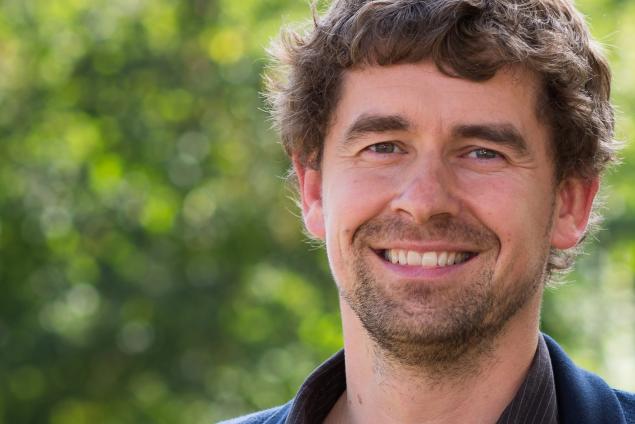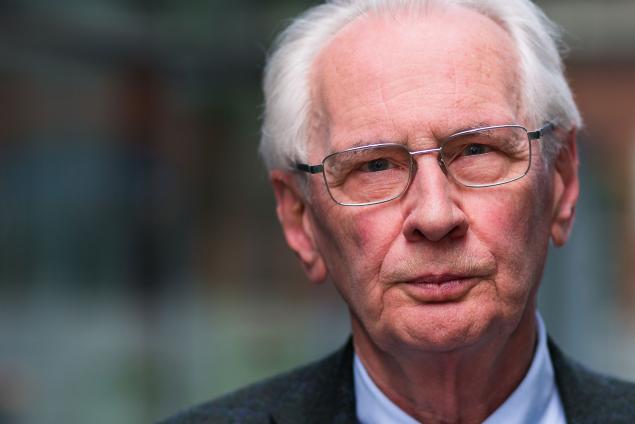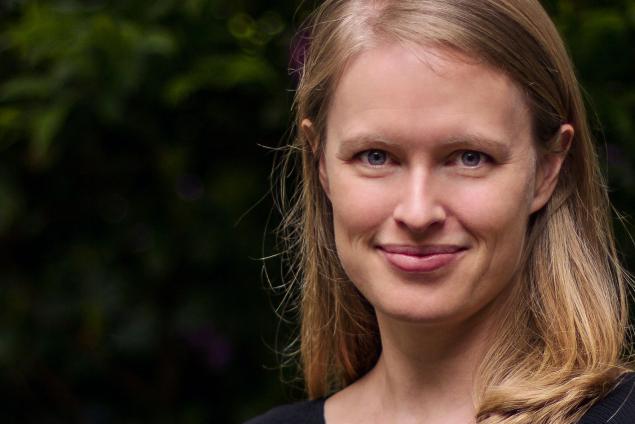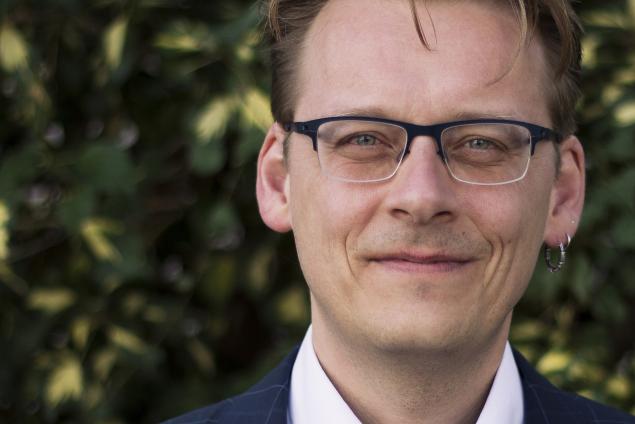Scroll to Section:
Different ethnic groups have shaped the genetic makeup of today’s Europeans. Through migration from various regions of the world, the genetic material of humans who first arrived in Europe forty thousand years ago has seen drastic changes over the last ten thousand years. By analyzing D.N.A extracted from ancient bones, JOHANNES KRAUSE traces back the genetic ancestry of human beings, especially those living in Europe today. He explains in this video that, using recently developed D.N.A sequencing technologies, the research proves that genetic shifts happened about eight thousand as well as five thousand years ago. These findings correlate with the knowledge of archeologists that cultural changes, such as changes in subsistence strategies, occurred at the same time due to migration. The research presented shows that cultural changes and genetic changes sometimes went hand in hand.
DOI:
https://doi.org/10.21036/LTPUB10318
Institution
Max Planck Institute for Evolutionary Anthropology
The Max Planck Institute for Evolutionary Anthropology was founded in 1997. The institute's aim is to investigate the history of humankind with the help of comparative analyses of different genes, cultures, cognitive abilities, languages and social systems of past and present human populations as well as those of primates closely related to human beings.
Original publication
Ancient Human Genomes Suggest Three Ancestral Populations for Present-day Europeans
Nature
Published in 2014
Beyond
A Ground-breaking Scientific Revolution
An Alarming Challenge for Society
If I Had a Second Life
A Personal Reading Recommendation








